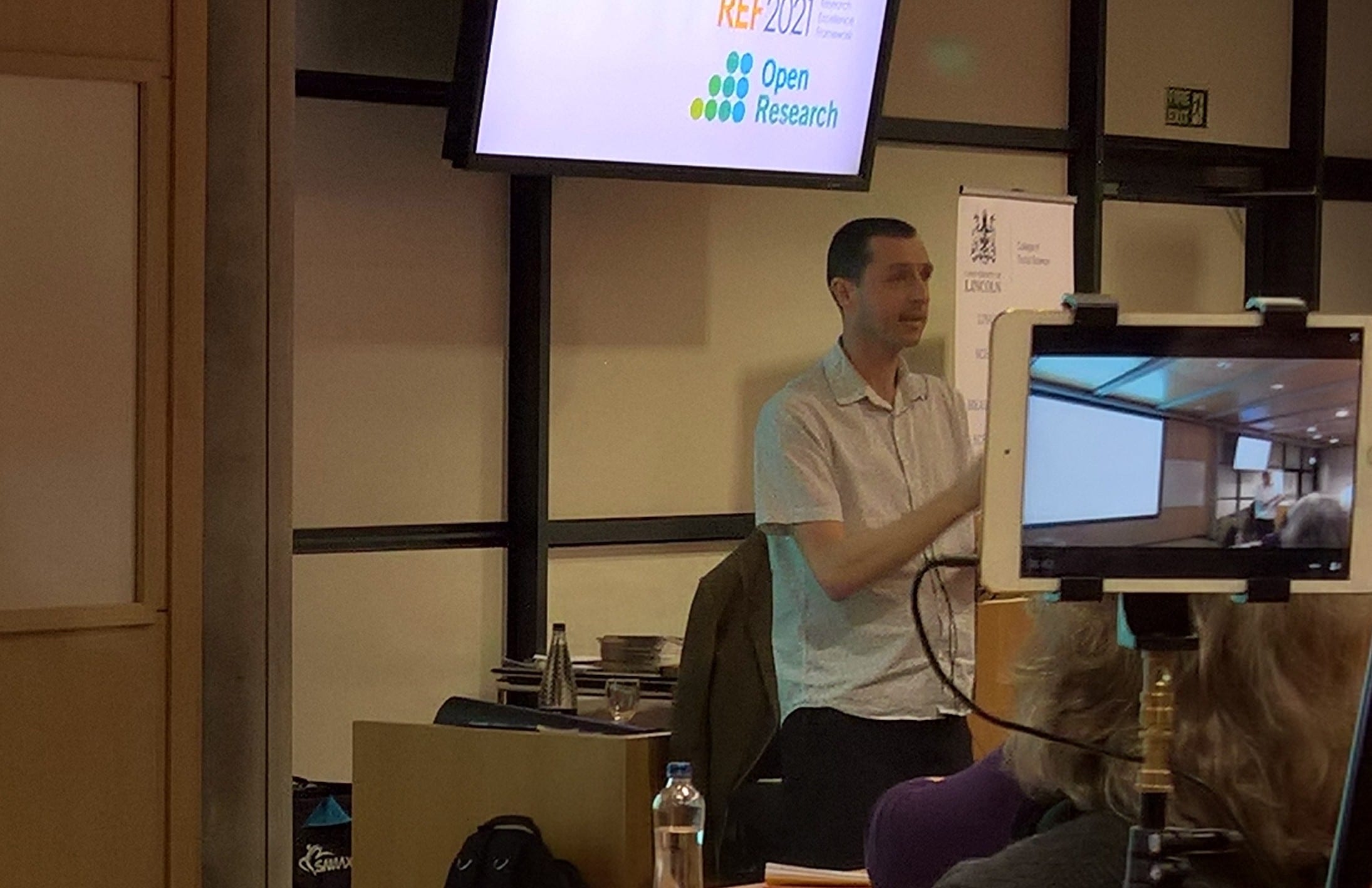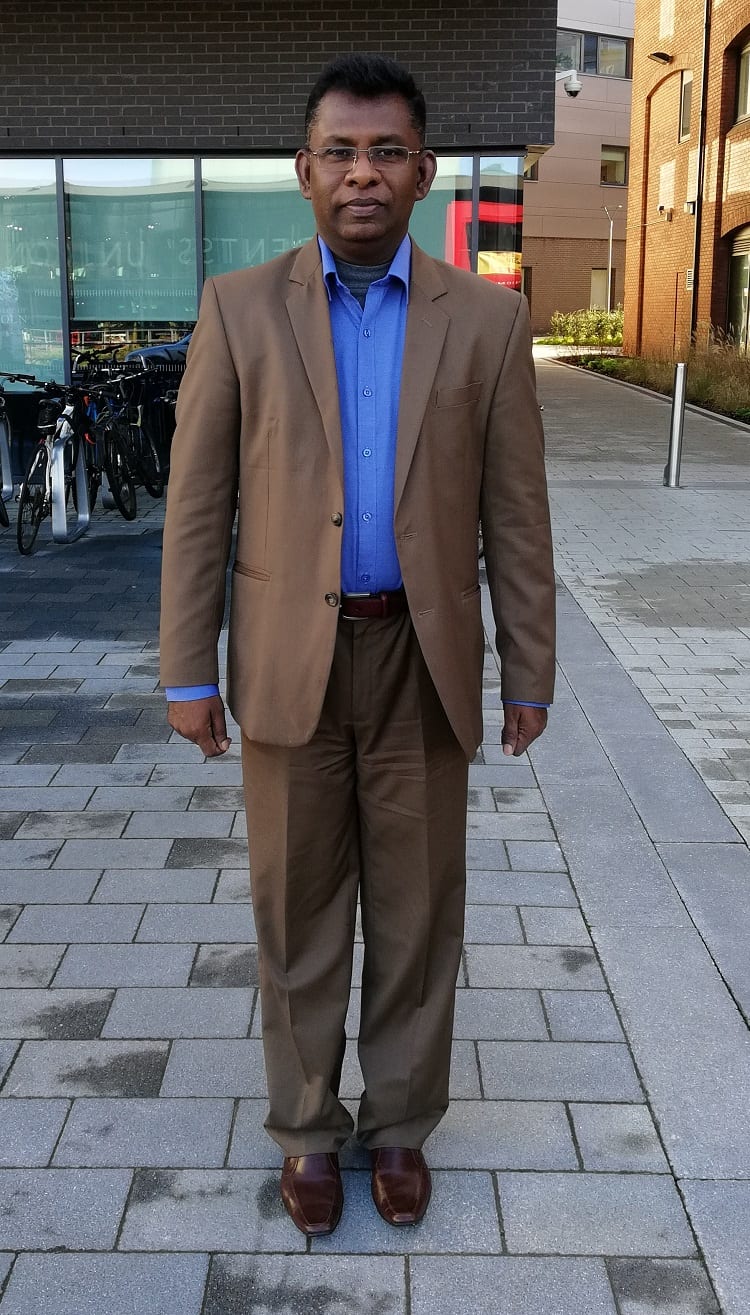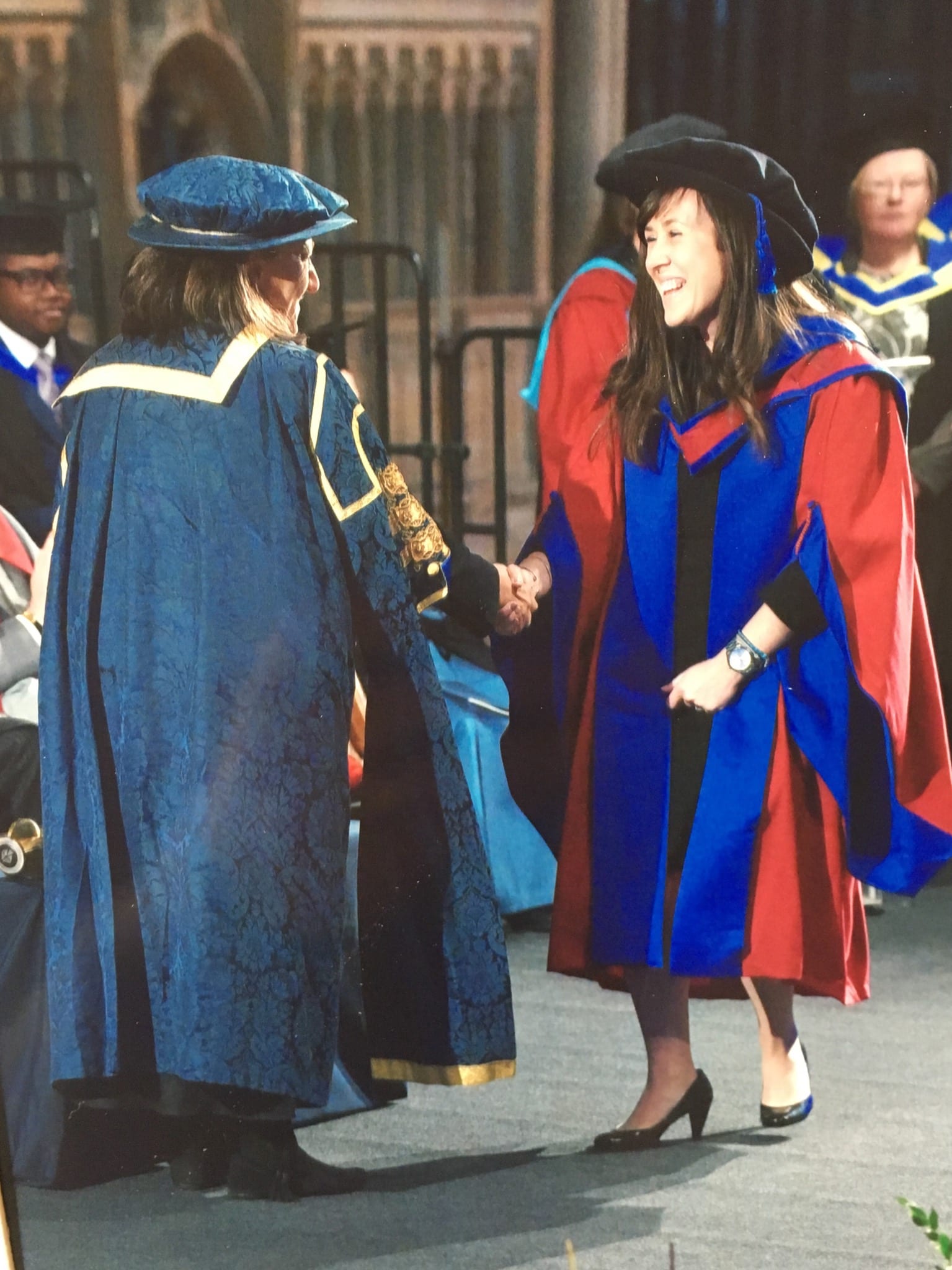Professor Graham Law gives inaugural lecture on ‘Sleep, sugar and statistics’ to a packed audience

Professor Graham Law delivered his inaugural lecture on 30 January 2018 to a full audience of members of academic staff and the general public. The lecture included an outline of Graham’s academic career from posts at York and Leeds Universities Continue reading Professor Graham Law gives inaugural lecture on ‘Sleep, sugar and statistics’ to a packed audience




